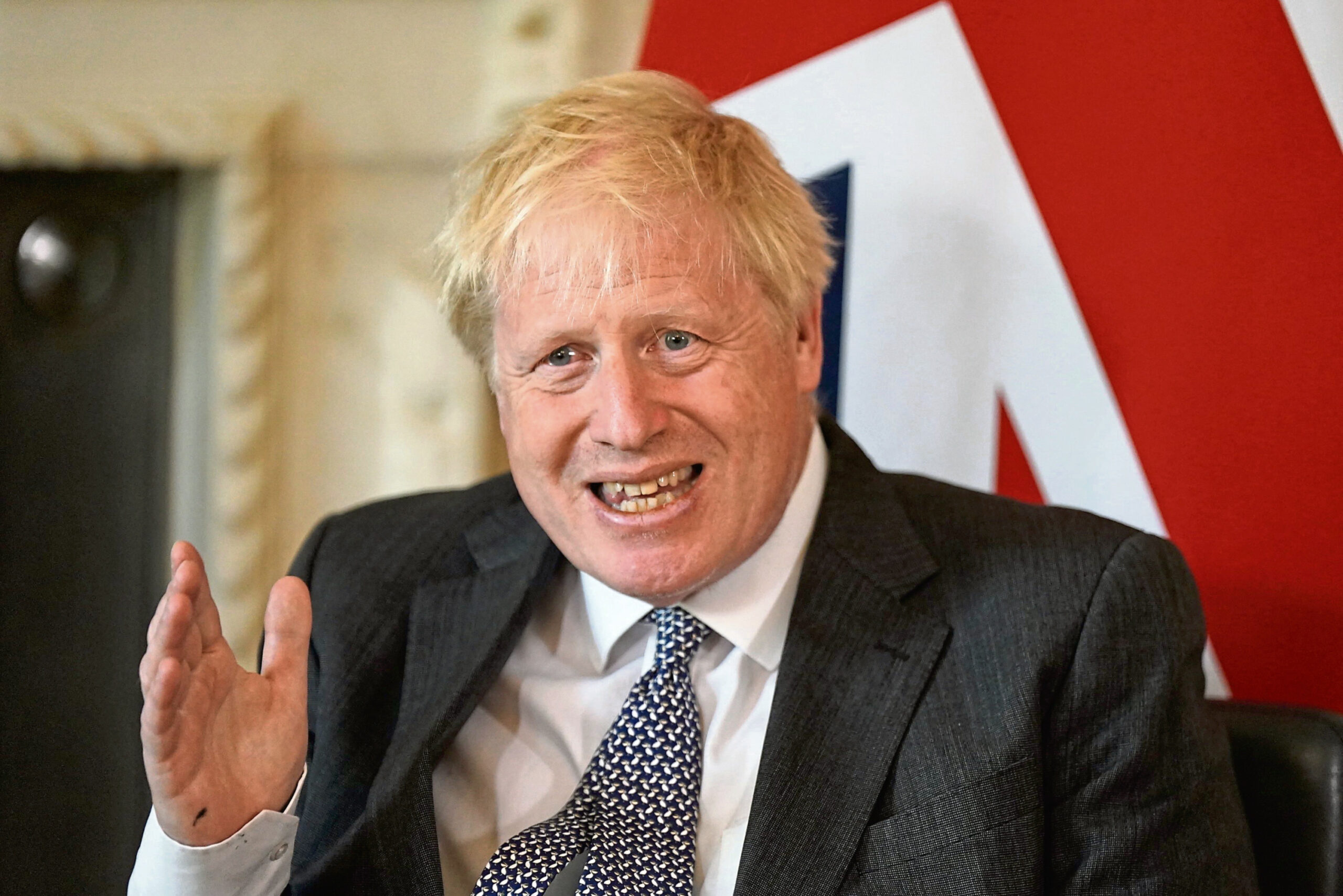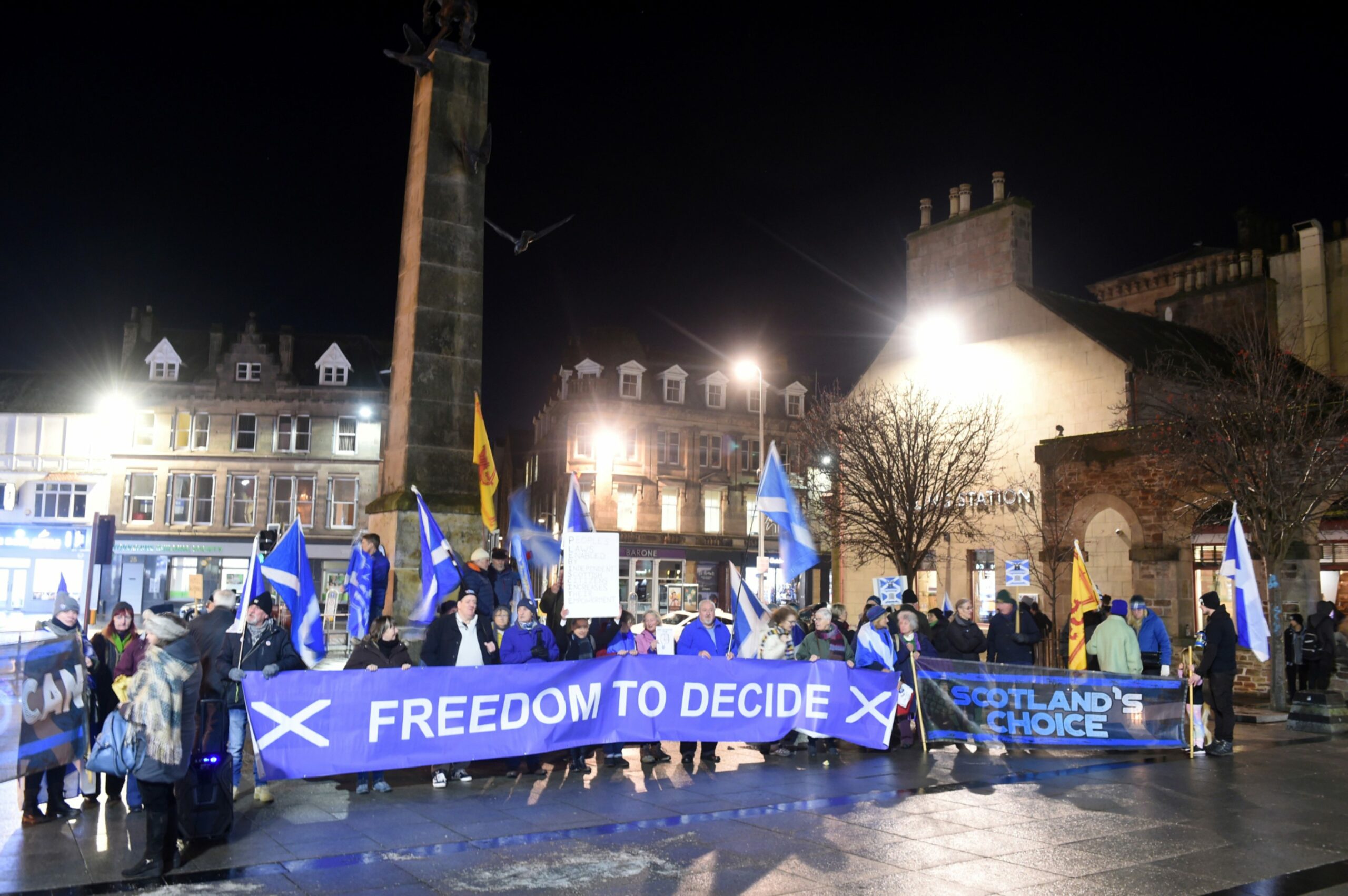Among the many irritating aspects of modern political campaigning is the enthusiasm with which leaders insist we rely on the power of belief. No problem is insurmountable, if only we keep the faith.
Perhaps you remember, during the 2019 Conservative leadership contest (won by Boris Johnson), when candidate Rory Stewart mocked the idea that Brexit would be a success if only people believed in it.
That, said staunch remainer Stewart, would be like expecting to be able to put more rubbish in an overflowing bin simply through the power of faith. Believe in the bin and you can fit another bag in there.
It is, I think, safe to assume that when a politician urges “belief” in a project, it means he or she doesn’t have answers to difficult questions.
During the Brexit campaign of 2016, leave campaigners urged faith whenever a sticky subject came up. Wouldn’t the introduction of new customs regulations harm British businesses? Everything would be fine, so long as people believed.
And what about damage to the Good Friday Agreement? Wasn’t that worth thinking about? Of course not. All we had to do was believe.
Leading Brexiteers continue to struggle to demonstrate the benefits of the United Kingdom’s departure from the European Union, but they’ll never concede their project is flawed. Rather, if Brexit is failing, it’s because “remoaners” refuse to get with the programme. If only the naysayers would shut up, everything would be fine. Brexit will succeed just as soon as we all start believing in it.
In deciding simply to believe in a political project, we excuse ourselves from the difficult business of thinking about it. We allow ourselves to dismiss the concerns of sceptics as nothing more than bad-faith interventions.
The tendency to urge belief among supporters is not unique, in UK politics, to Eurosceptics. Scottish nationalists have a proud tradition of imploring faith over detailed examination of their prospectus. Anyone who points out the financial holes in SNP plans should expect to be accused of talking Scotland down. Anyone who has entirely legitimate questions about pensions, currency and borders should brace themselves for the charge that they don’t believe in the country.
Believe in exceptionalism
On Saturday, supporters of Scottish independence are urged to gather in Glasgow for a march under the banner “Believe in Scotland”. Along with the usual professional nats from the world of entertainment, there’ll be flags – lots of ‘em – and a speech from Humza Yousaf.
In the near decade since Scotland’s referendum on independence, there have been countless such marches up and down the country. Woad-painted cranks have lined up alongside cabinet secretaries and some guy from River City and paraded through just about every town and city. And all to no effect.
In fact, I’m not sure that these displays aren’t actually harmful to the independence movement.
I think such marches perfectly symbolise exactly the things that turn people off the idea of independence
In the aftermath of the 2014 vote, Scottish voters hardened their positions on the constitutional question. Nationalists ignored the failings of the SNP government in the name of keeping the independence dream alive, while many unionists, who’d rejected the Tories decades ago, backed Conservative candidates who promised to oppose a second referendum.
There is not, currently, a constituency of people in Scotland whose opposition to independence might be changed by the sight of thousands of people waving flags.
On the contrary, I think such marches perfectly symbolise exactly the things that turn people off the idea of independence. Each of these events has highlighted a downright weird combination of exceptionalism, grievance, and insecurity. From the outside looking in, it’s an entirely unpalatable cocktail.
A fun day out won’t sway opinion
Back in 2014, shortly before Scots voted on the constitutional question, a Yes-supporting friend called. It was a a Saturday afternoon, and his partner, having witnessed a gathering of a few thousand independence supporters at Calton Hill in Edinburgh, was absolutely convinced that victory was in the bag.
“She keeps saying there’s thousands there,” he told me, “And I keep telling her there’s millions more that aren’t.”
If only more independence supporters realised that the occasional show of numbers on the street is no sign that a campaign is moving forward. For every person who joins a flag-waving parade, there are very many more for whom the idea of doing so is preposterous.
This Saturday’s “Believe in Scotland” march may be a fun day out for nationalists, but it won’t shift opinion on the independence question one iota. I truly believe that.
Euan McColm is a regular columnist for various Scottish newspapers



Conversation